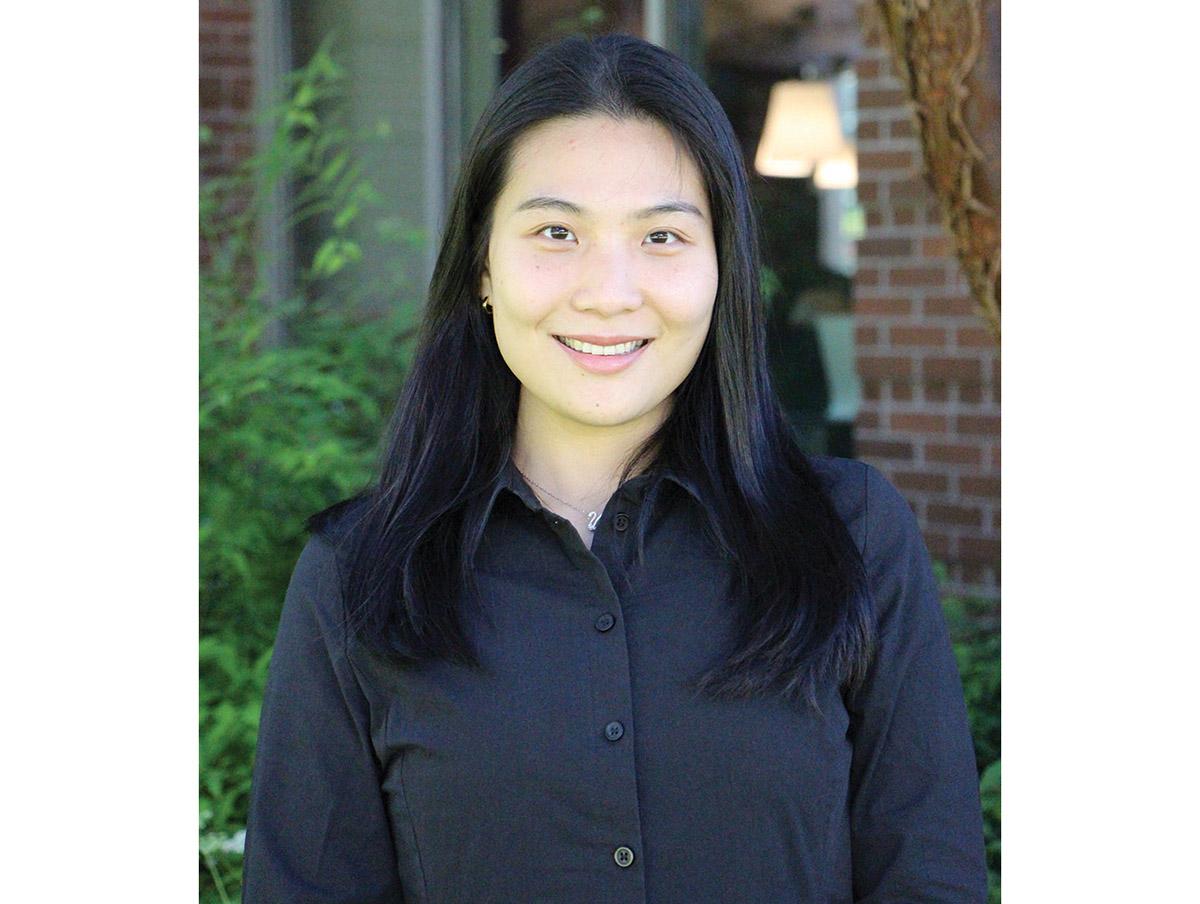
by W. Jamie Yang, PhD Candidate, Department of Sociology
My dissertation builds on a stance that views pleasure and safety as fundamental human rights. I am motivated by a wish to democratize pleasure for all, and specifically the questions, “What prohibits individuals from fully enjoying the sexual aspect of their humanity,” and “When it comes to sexual encounters, why do some groups of people consistently have a better and easier time than others?” I use critical feminist theory and queer quantitative methodology to examine how social contexts influence young adults’ experience with sexual injustices and sexual victimization. I make the argument that the disparities in sexual enjoyment and sexual victimization are about power, not anatomy. Additionally, some forms of sexual inequalities that seem mundane, less invasive, and insignificant, like the orgasm gap, share the same cultural and social scaffolding as the more extreme and severe acts of sexual violence, such as rape—namely, the intersectional structural inequalities in the gender system.
Traditionally, inequalities in the sexual realm and sexual violence are studied separately. This general juxtaposition between the non-violent and violent divides researchers and hinders theory development. To be specific, sociologists of gender who investigate inequalities in the private realm have addressed gender gaps in various aspects, such as sexual orgasms, dating practices, and the gendered division of labor. Gender-based violence scholars who study sexual violence, on the other hand, mostly come from medicine or psychology backgrounds and largely focus on individual-level risk factors of sexual violence, prevention, and survivor support, without much structural analysis. We need adequate “big picture” thinking to provide intersectional, cultural, and contextual explanations for sexual injustices.
My work bridges this gap. I use the term “sexual injustices” to capture both mundane, nonviolent forms of sexual inequalities, such as fear of walking alone at night, and more violent, intrusive forms of sexual crimes, such as attempted rape. Instead of juxtaposing the non-violent and violent, I conceptualize all manifestations of “sexual injustices” to be situated on a continuum, varying by different degrees of immediate physical aggression, but sharing the same scaffolding—intersecting, oppressive, social structures. Empirically, I aim to show that there exist social determinants of sexual injustices—the intersections of gender, race/ethnicity, sexual orientation, socioeconomic background, immigration status, etc.—which significantly predict an individual’s likelihood of experiencing various events like lack of enjoyment from sex, unreciprocated orgasms, coercive sex, attempted rape, and rape.
This dissertation is a queer quantitative project. With the term “queer,” I mean the ideology of radically individualizing and rejecting the tyranny of the “normal” and do not limit to the gender and sexual minority individuals, as the term is usually in reference to. Specifically, I use intersectional multilevel analysis of individual heterogeneity and discriminatory accuracy (I-MAIHDA) as my main modeling approach for investigating sexual inequalities, which allows maximum heterogeneity and model results legibility, while preserving statistical power. The agenda of queer theory to antagonize and decenter normativity is manifested in all of my coding decisions, such as which categories to collapse and which group(s) to set as the reference group. I aim to maximally preserve the marginalized voices in my work and to avoid further “otheriz(e)-ing” minority groups in my quantitative interventions. This project will provide critical insights into the current gender/sex system and advance the application of queer quantitative methodology in social sciences.
Additionally, emerging adulthood is a critical developmental stage when individuals explore their sexualities and forms of intimacy. The college campus is an important site where young adults experience this stage, and the institutionalized contexts, such as Greek societies and college dorms, make sexual assault a predictable element on college campuses (Hirsch and Khan 2020). With findings on contexts of when and where sexual violence happens, and who are more vulnerable to sexual violence, my dissertation will provide suggestions for what’s needed to improve campus safety and enhance university sex education curriculum. ν
— W. Jamie Yang received a 2023 CSWS Graduate Student Research Grant for this project.
Reference
Hirsch, Jennifer S., and Shamus Khan. 2020. Sexual Citizens: A Landmark Study of Sex, Power, and Assault on Campus. W. W. Norton & Company.

